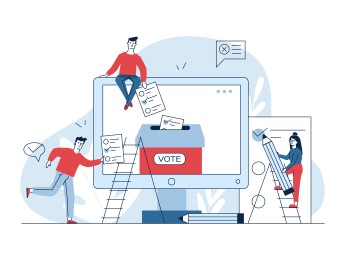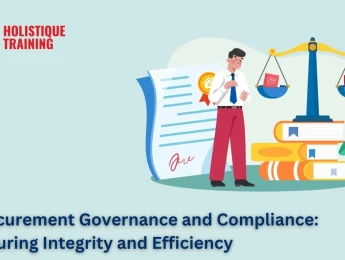Society has relied on the media for years to promote particular messages, products, or services. Media use has become more necessary as technology has developed, and there is a much stronger demand for these outlets. Media methods have changed with the transition to digital platforms, but the original principles remain.
Maintaining positive public relations is absolutely crucial for an organisation. To remain successful, developing a positive relationship with consumers is necessary to ensure brand loyalty. To engage with their target audience, organisations utilise media platforms to communicate and promote certain intentions. Each type of media source has its own benefits and limitations, so an organisation needs to explore these options and conclude what would be most suitable to meet its goals.
Public relations relies heavily on communicating and controlling its audience through various techniques and skills. For effective engagement, those involved must be highly competent at communicating in a written, verbal, and nonverbal way. There also needs to be a strong focus on analysing the target audience to gauge their reactions as content is released and understand what adjustments need to be made to areas of the organisation.
Upon completion of this course, participants will be able to:
- Understand the importance of managing public relations and obtaining advanced media skills within the modern world.
- Explore the role and responsibilities of PR within different organisation sectors – finance, corporate, public, and non-profit.
- Examine the contribution of theory when planning and creating PR campaigns.
- Discuss current organisational standing and set goals, objectives, and expectations for expanding through public relations.
- Develop methods and programmes for effective relationship building.
- Manage behaviours, attitudes, and reputations relating to the organisation.
This course is designed for anyone responsible for managing PR and media. It would be most beneficial for:
- PR Personnel
- Sales Directors
- Marketing Directors
- Community Engagement Managers
- Business Owners
- Brand Managers
- Media Relations Representatives
This course uses a variety of adult learning styles to aid full understanding and comprehension. Participants will review videos of professional conferences and TV interviews to highlight key communication methods and skills.
Participants will engage in a range of learning exercises and methods to encourage a full development of knowledge in relation to the taught content. They will use the equipment provided to partake in presentations, case studies, video materials, group discussions, and activities. These will ensure they are granted a full opportunity to align their knowledge with new skills.
Day 5 of each course is reserved for a Q&A session, which may occur off-site. For 10-day courses, this also applies to day 10
Section 1: Fundamentals of Public Relations
- Defining the term ‘public relations.’
- Exploring what internal and external factors influence a PR campaign.
- Describing the roles and responsibilities of different PR professionals.
- Understanding the Big Picture – innovation, planning, strategising, and implementation.
- Scenarios where PR may need to be used.
- Assessing the vitality of creating an online presence for the organisation.
Section 2: Public Relations and Media
- Identifying the different media types, their ideal purposes, benefits and limitations.
- Building a positive relationship with the media.
- Navigating media in times of crisis to preserve public image.
- Methods and techniques to develop a positive reputation within the media.
- Partaking in live interviews, press conferences and press releases.
Section 3: Skills and Responsibilities
- Observing key characteristics of dynamic public speakers.
- Understanding internal and external spheres and forming a corporate image.
- The importance of thorough preparation.
- Analysing the target audience and selecting key topics in relation to their key interests or values.
- Utilising different methods of communication – verbal and body language.
- Ensuring written content is cohesive and efficiently formatted.
Section 4: PR Promotional Role
- Driving home important messages with a strong and inviting tone of voice.
- Assessing the decision-making process of consumers and how they interact with the organisation.
- Managing corporate community involvement.
- Different methods of marketing PR.
- Arranging sponsorships and promotions.
Section 5: Social Media
- Analysing the interaction of traditional media and social media.
- Establishing a social media identity to reflect the organisation’s image.
- Open communication with consumers and direct building of positive rapport.
- Evaluating online trends and how the organisation can utilise them for personal promotion.
Upon successful completion of this training course, delegates will be awarded a Holistique Training Certificate of Completion. For those who attend and complete the online training course, a Holistique Training e-Certificate will be provided.
Holistique Training Certificates are accredited by the British Assessment Council (BAC) and The CPD Certification Service (CPD), and are certified under ISO 9001, ISO 21001, and ISO 29993 standards.
CPD credits for this course are granted by our Certificates and will be reflected on the Holistique Training Certificate of Completion. In accordance with the standards of The CPD Certification Service, one CPD credit is awarded per hour of course attendance. A maximum of 50 CPD credits can be claimed for any single course we currently offer.
- Course Code IND11-106
- Course Format Classroom, Online,
- Duration 5 days














